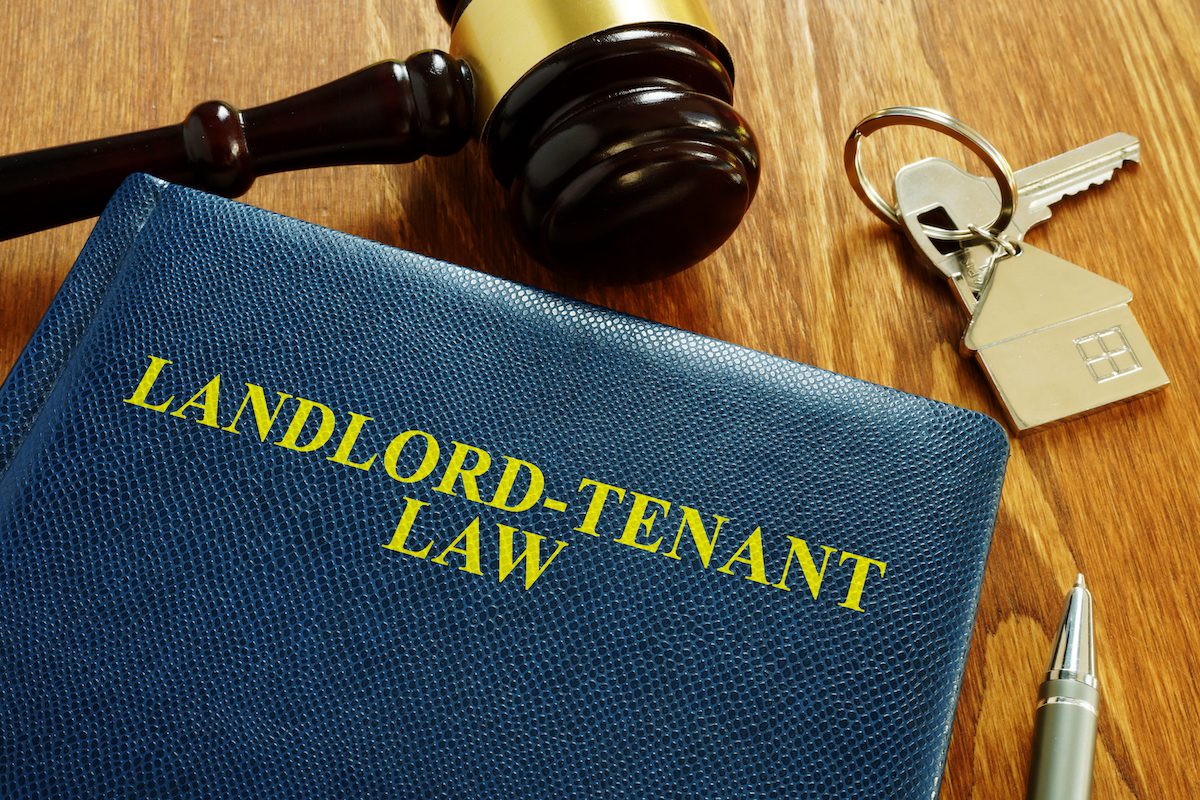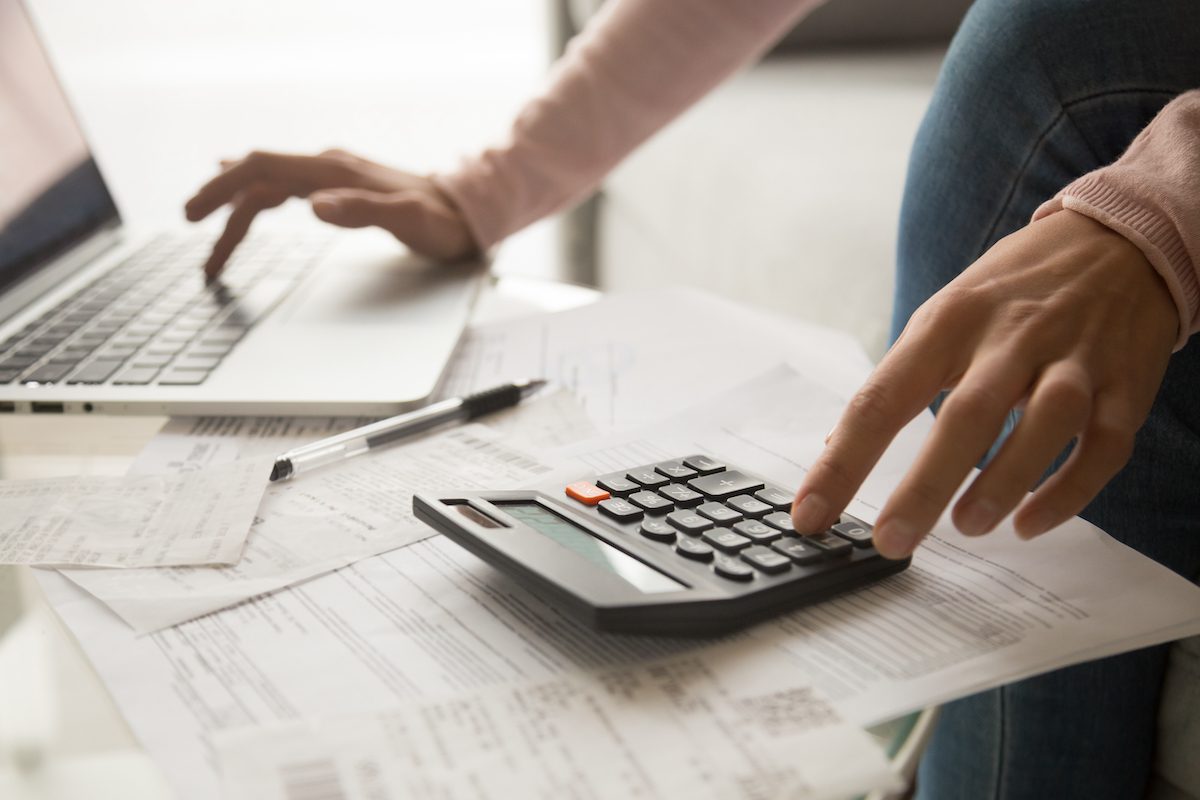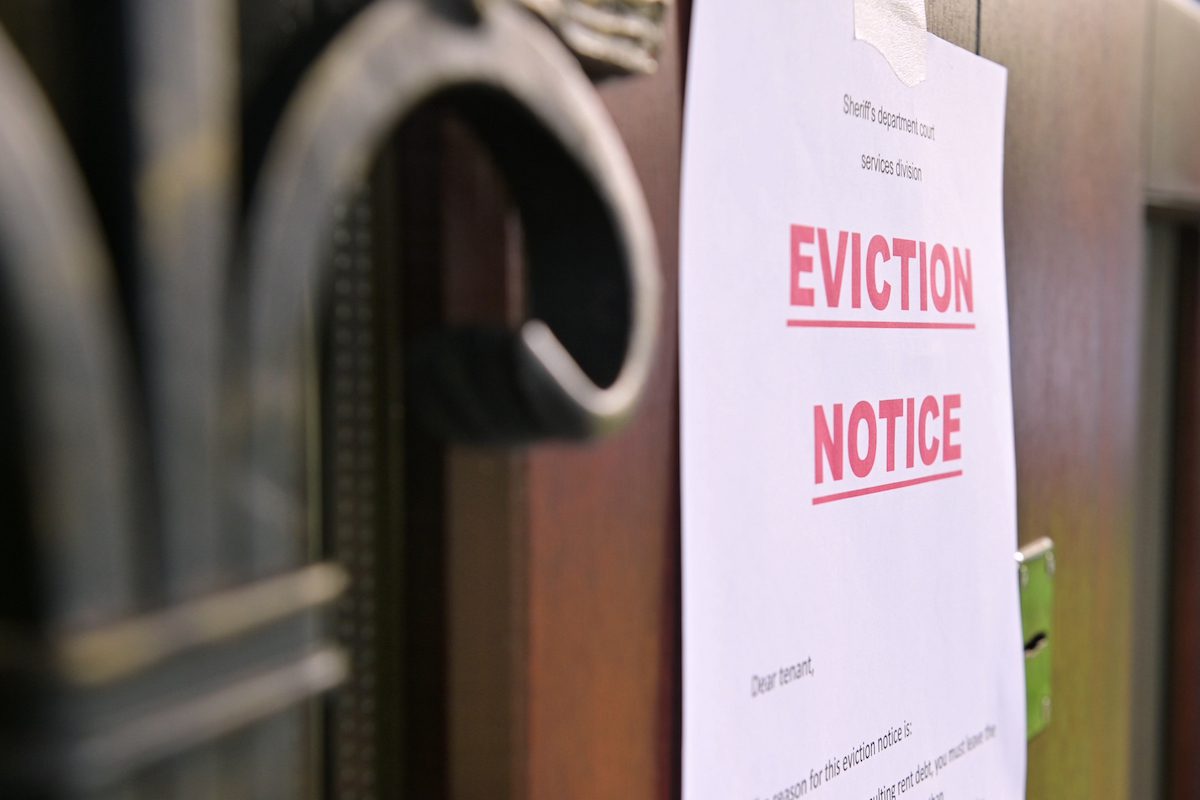14 Steps To Become a Landlord
There are many reasons why you might want to become a landlord. Maybe you have an investment property that you want to rent out, or perhaps you're looking for a way to supplement your income. Whatever your reasons, if you're wondering how to become a landlord, there are a few things you should know.

Becoming a landlord is a great way to make money, but it's not without its risks. You'll need to prepare for things like property maintenance, tenant turnover and late rent payments. And remember, as a landlord, you're responsible for your tenants' safety and well-being.
If you're ready to take on the challenge of becoming a landlord, here are a few steps to get you started. But first, let's go over exactly what the job of a property manager entails.

What is a landlord?
A landlord is someone who owns property that's leased or rented to tenants. Landlords are responsible for the upkeep and maintenance of their properties, as well as collecting rent from tenants. Landlords must also obey all state and local laws governing rental properties.
How to become a landlord?
Becoming a landlord is a lot of work, but it can also be very rewarding. Before you decide to start collecting rental income, make sure understand the entire rental process, including all the minutiae of owning a rental property.
1. Buy an investment property
You can't really call yourself a landlord without owning an investment property. This is a property that you purchase with the intention of renting it out to tenants. You'll make a monthly mortgage payment on the property, just like with any other home you own. The only difference is, you'll subsidize that cost (and others) through rent.
Be sure to research the market in your area carefully, as prices and demand for rental properties can vary greatly from one city to the next. You want a property with a low chance of lying vacant between tenants. You don't want to have to pay the mortgage, property taxes, insurance premiums and more without the support of rental income.

2. Understand the law
As a landlord, you must obey all state, local and federal laws governing rental properties. This includes understanding landlord-tenant laws and local ordinances that govern how you interact with tenants as the property manager. Local landlord-tenant laws can detail security deposits, the eviction process and how much you can raise the rent can each year. To fully understand what the legal side of being a landlord entails, visit the website of your state's Attorney General.
The Fair Housing Act
Local housing laws are just the start as a real estate investor. You also need to know about fair housing laws that impact the process for screening tenants. While landlord-tenant law discusses legal ways to interact with your tenant as their landlord, the Fair Housing Act focuses on prospective tenants.
The Fair Housing Act protects potential tenants from discrimination when looking for a rental home. The act specifically prohibits discrimination based on:
- Race
- Color
- National origin
- Religion
- Sex (including sexual orientation and gender identity)
- Family status
- Disability
Discriminatory acts include outright refusal to rent or negotiate with a specific person and making housing unavailable to someone for the above reasons. As a landlord, you also may not set different terms for different renters. You must price the rent the same and screen potential tenants all in the same way.
3. Get your rental properties move-in ready
Before you start renting out your property, make sure it's move-in ready. This means fixing any broken windows, plumbing or appliances and painting any peeling walls.
Make sure to do a thorough inspection of the property, as well. You don't just want to fix the little things. You should also handle any major repairs, even if it means an increase in maintenance costs. It will payout in the long run and make it easier to attract good tenants.
4. Purchase landlord insurance
One of the most important steps for rental investing is to have insurance. Landlord insurance will protect you in the event that there's damage to your property or someone gets injured while on your property. It can also help to cover the costs associated with any damage a tenant may cause to your property that's not covered through their security deposit.
Be sure to research different types of landlord insurance policies to find the one that best suits your needs. You may also want to speak with an insurance agent to get a better understanding of what coverage would work best to protect your cash flow.

5. Determine how much rent to charge
Another important step for landlords is to determine how much rent to charge. This will vary depending on the location of your property, the type and current market conditions.
Rental real estate isn't something that happens in a bubble, and you need to know what's happening around you to remain competitive and attract renters. As you determine how much to charge for rent, look at the local rental market and compare prices for properties similar to yours.
You can use online resources to research average rents throughout your local market. You may also want to speak with a real estate agent to get an idea of how much you should charge.
As you calculate this, it's also a good idea to think about the down payment you'll expect tenants to make, as well as what other costs related to the home you'll cover. Will you roll the utility bills into the rent price, or have tenants pay for them out-of-pocket?
6. List your rental property
Once you've determined how much rent to charge, it's important to market your rental property. It's how finding tenants happens.
You can do this in a variety of ways, such as online, through classified ads or by word of mouth.
Regardless of your medium, be sure to include photos of the property and accurate descriptions of its features and amenities. You want prospective renters to see your listing and rush to schedule a tour based solely on what they've seen and read.
7. Screen prospective tenants
One of the most important parts of being a landlord is tenant screening. It's crucial to do a background check and make sure that you're getting someone who will respect your property and pay their rent on time.
This part of the rental process occurs after tenants have toured the home and asked to complete a rental application. This is how you collect the information you need for credit and background checks. Tenants sign an application and often pay a processing fee to handle the screening process. This fee can only cover processing expenses and not serve as an additional source of income for you.
The background check helps you get a better idea of who a possible tenant is and lets you know if they've ever been arrested or convicted of any crimes.
The credit check provides you with a tenant's credit score. A low credit score could mean that the tenant is not good at managing their money, which could lead to missed rent payments or damage to your property. Most people are looking for at least a 620 credit score to feel confident about a tenant paying rent and living in their rental property.
References are another great way to screen prospectives during the tenant selection process. Ask for contact information for their current and previous landlords. Make sure to speak with those landlords to get an idea of how the tenant behaved while they were living there.

8. Sign a reliable tenant to a lease agreement
Once you've completed tenant screening and found the right one for your property, it's important to have them sign a lease agreement. This document is important because it gives you legal recourse if the tenant does not follow through on their obligations.
Lease agreements will outline all the terms of the rental agreement, such as how much rent they'll be paying, when it's due, how to pay it and what happens if they break the lease. If you're using an online rent collection service, make sure to detail the process for your tenant. This is possibly new to them.
Your lease should also include terms for any special considerations like pests, guests and more. Anything you can think of that would impact your relationship with your tenant belongs in the lease.
9. Make some rental income
One of the most important aspects of being a landlord is collecting rent payments from tenants. It's important to stay organized and have a system in place for collecting rent. You can do this by setting up an online payment system, using property management software or by simply collecting the rent in person.
It's also important to have a late payment policy as part of your lease agreement. This will outline what happens if the tenant does not pay their rent on time. Be sure to include late fees and how you'll collect the rent if it is not paid on time.
10. Maintain the property
As a landlord, it's your responsibility to maintain the property. This includes fixing certain items, like appliances, when broken, as well as keeping up with repairs such as a plumbing leak. Make sure you specify in your lease what repairs fall under your responsibility, and what's the tenant's responsibility. For example, if your rental property has a lawn, who's going to mow it?
You also need to specify that damages done by the tenant are not covered by you. In order to keep track, conduct mandatory inspections both before a tenant moves in and after they move out. Take pictures, document issues and compare your before and after lists to assess damages properly.
11. Budget for unexpected costs
Being a landlord isn't always easy. There are always unexpected costs that come up, such as replacing a broken window or fixing a plumbing issue. It's important to budget for these things so you're not caught off guard when they happen.
It's also important to add costs related to the normal wear and tear of your rental property. When a tenant moves out, you'll most likely have to deep clean and maybe even paint. Sometimes, the carpet will need replacing. Factoring in these costs ahead of time helps.
You can do this by setting aside a certain amount of money each month to go toward rental property repairs and maintenance. This will help you to prepare for anything that comes up.
12. Budget for operating expenses
Another budget should get set aside for operating expenses. To become a landlord, you have to spend money. The trick is to spend less than you make to maintain cash flow. Create a budget for monthly expenses that are predictable. Your mortgage payment is a great example, but you also want to factor in the cost of your insurance and any costs to process rent. If you hire a property manager, add that cost in here too.

13. Be prepared to evict tenants
Unfortunately, there are times when tenants don't follow the rules or pay their rent on time. When this happens, you may need to evict them from your property.
There's a lot to the eviction process, so it's important to know your rights and how to do it correctly. Be sure to consult with an attorney before beginning the process.
14. Ask for professional help when you need it
Owning rental property is a difficult task, especially if it's your first time. When you need help, don't be afraid to ask for it. Many landlords will look to each other for advice too. The rental business is complicated, and it's OK to need help.
You can also consider hiring a property manager if you find it too challenging to manage all your investment properties alone.
Is it hard to make money as a landlord?
Making money as a landlord is not hard if you pay attention to the process. It's important to prepare for unexpected costs and be aware of the risks involved with renting out property. With a little bit of organization and knowledge, you can have success in the property management industry.
